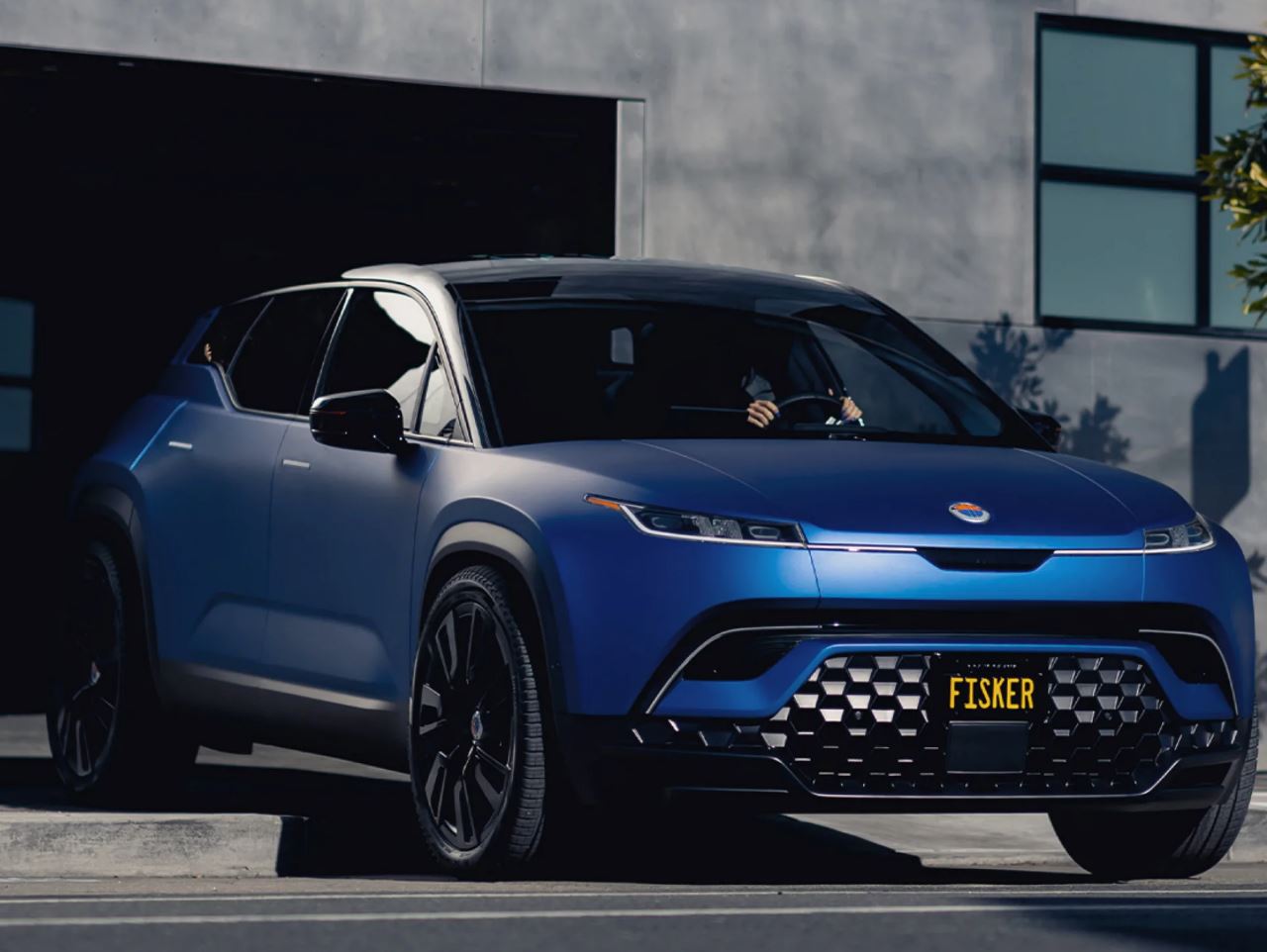US Carmakers Warn Over Upcoming Electric Vehicle Incentives

Climate and tax bill worth $430bn passed by US Congress last week could immediately eliminate most tax credits for new electric vehicles, manufacturers warn
US electric vehicle makers warned that most of their offerings are likely to become ineligible for tax credits after a $430 billion (£354bn) climate, health care and tax bill becomes law.
EV makers including Rivian and Fisker urged customers to commit to binding contracts to purchase before US president Joe Biden signs the bill, which was passed by Congress on Friday. Biden is expected to sign the bill this week.
Meanwhile, the Alliance for Automotive Innovation warned that the new framework of EV incentives would “surprise and disappoint customers in the market for a new vehicle” and could “jeopardise” electric vehicle sales targets.

‘Foreign entities of concern’
The bill, known as the Inflation Reduction Act, represents a significant shift in that it prioritises US-based manufacturing and sourcing from North America or countries with which the US has signed a free-trade agreement.
It includes $360bn in provisions aimed at shifting toward renewable energy sources, including electric vehicles, but also seeks for those vehicles to be “Made in America” while cutting out “foreign entities of concern” from supply chains.
In the near term, however, US EV manufacturing is heavily dependent upon China-linked components, including batteries and battery minerals, meaning that most currently available tax credits are likely to immediately disappear under the new law.
The act immediately bans the current $7,500 EV tax credit for vehicles assembled outside North America, affecting about 70 percent of the 72 current EV and plug-in hybrid models on the US market, according to the Alliance for Automotive Innovation.

Incentive shift
Further requirements for battery sourcing and critical minerals, as well as new price caps and income caps, come into effect on 1 January and potentially make all current EVs ineligible for the full tax credit.
The Congressional Budget Office estimated as few as 11,000 EVs may qualify for the credit next year, and the requirements increase steadily over the next six years.
Volvo Car North America said only one of its models that currently qualify for EV tax credits would still do so after the bill was signed into law – the S60 Recharge, which is assembled in South Carolina.
As of 1 January the full credit is only valid for vehicles in which 40 percent of battery minerals come from North America or countries with which the US has free trade agreements.
‘Made in America’
By 2026 80 percent of EV components should be assembled or sourced domestically or in an allied country, according to the bill, and by 2029 the figure rises to 100 percent.
US transportation secretary Pete Buttigieg told Reuters last week the administration’s policy was to “accelerate the EV revolution and to make sure it is a ‘Made in America’ EV revolution”.
Auto industry executives praised the bill’s incentives of up to $40,000 for larger commercial EVs, with Rivian, which is making large vans for Amazon, calling the measures a “powerful tail wind in the commercial space”.